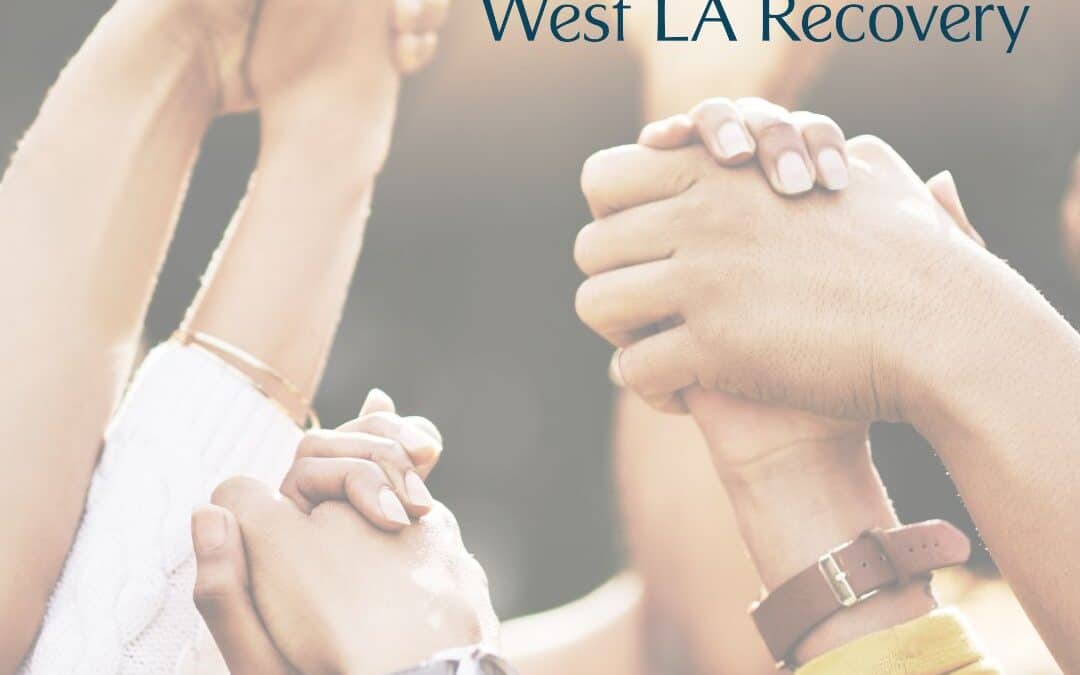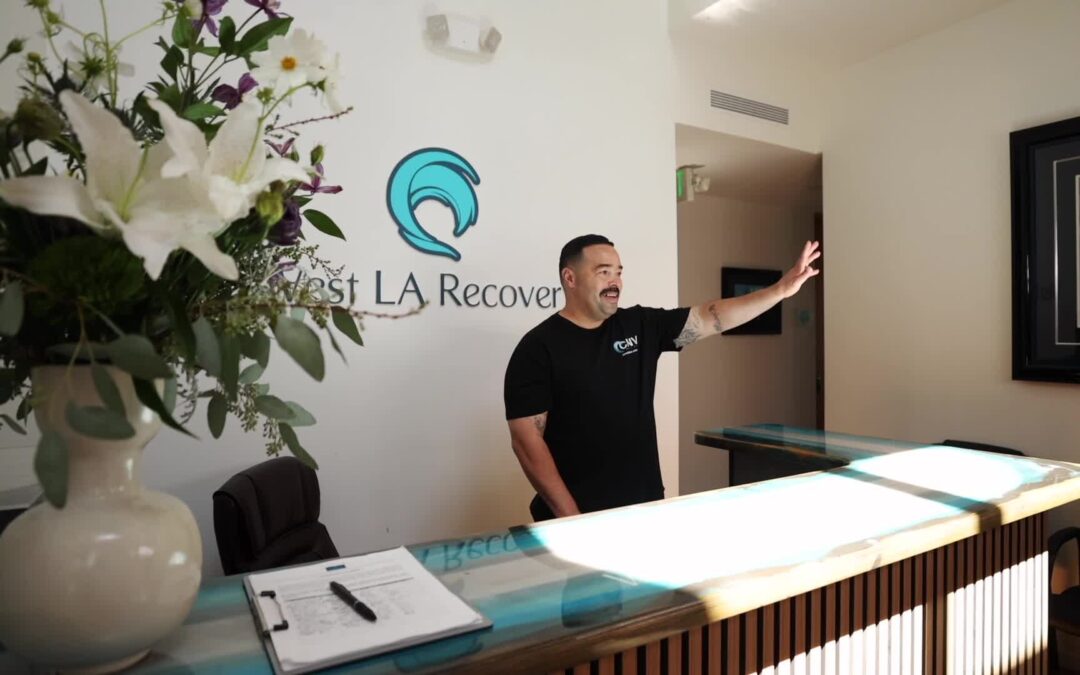The Link Between Unresolved Trauma and Substance Use Disorders
Unresolved trauma creates a ripple effect that often leads individuals toward substance use as a coping mechanism. When you experience traumatic events—whether childhood abuse, violence, loss, or other deeply distressing situations—your brain’s natural stress response can become dysregulated. This dysregulation makes you more vulnerable to seeking relief through drugs or alcohol, which temporarily numb emotional pain but ultimately deepen the cycle of suffering.
The connection between trauma and addiction runs deeper than many realize. Traumatic experiences can alter brain chemistry, affecting areas responsible for decision-making, impulse control, and emotional regulation. You might find yourself turning to substances to manage flashbacks, anxiety, depression, or intrusive thoughts that stem from unprocessed experiences. This pattern creates what professionals call dual diagnosis trauma addiction—a condition where both issues feed into each other, making recovery more complex.
Finding a therapist for addiction becomes essential because treating only one condition leaves the other to fester. When you address substance use without processing underlying experiences, you’re essentially putting a bandage on a wound that needs surgery. The emotional pain remains, waiting to trigger relapse. That’s why we emphasize integrated treatment approaches that tackle both conditions simultaneously. A therapist for addiction understands this intricate relationship and knows how to guide you through healing both wounds together, creating a foundation for lasting recovery.
1. Look for Experience in Both Trauma and Addiction Treatment
When searching for a qualified therapist, it’s crucial to find someone who understands the intricate relationship between experiences and substance use. Many therapists specialize in one area or the other, but treating these conditions in isolation rarely produces lasting results. You want a professional who recognizes that your addiction isn’t just about the substance—it’s often a coping mechanism for deeper emotional wounds.
Trauma and addiction treatment delivered simultaneously through an integrated approach offers significant advantages. This method allows you to process traumatic memories while developing healthier coping strategies to replace substance use. You’re not compartmentalizing your healing; you’re addressing the root causes and symptoms together, which creates a more cohesive recovery experience.
When interviewing potential therapists, ask specific questions about their dual diagnosis experience:
- How many clients with co-occurring trauma and substance use disorders have you treated?
- What specific training have you completed in integrated treatment approaches?
- Can you describe your treatment philosophy for addressing both conditions simultaneously?
- What outcomes have you seen with clients who have similar backgrounds to mine?
The answers will reveal whether they have genuine expertise in both areas or if they’re simply willing to treat both conditions without specialized training. You deserve a therapist who has dedicated time to understanding how trauma and addiction intertwine and who can guide you through both challenges with confidence and proven methods.
It’s important to note that the relationship between trauma and addiction is well-documented in medical literature. Understanding this connection can further aid in your search for the right therapist, as it underscores the need for a professional who is well-versed in both fields.
2. Verify Use of Evidence-Based Trauma Therapy Modalities
Not all therapy approaches are created equal when it comes to trauma treatment. You need to confirm that your potential therapist uses proven, research-backed methods that have demonstrated success in helping people process traumatic experiences.
Among the various evidence-based therapy modalities, Cognitive Behavioral Therapy (CBT and TF-CBT) is widely recognized. This approach helps you identify and change negative thought patterns that developed as a result of your experiences. These methods teach you practical skills to manage distressing thoughts and reactions while gradually confronting related memories in a safe, controlled environment.
Another effective method is EMDR recovery therapy (Eye Movement Desensitization and Reprocessing), which uses bilateral stimulation—typically eye movements—to help your brain reprocess emotional memories. Many people find EMDR recovery therapy particularly effective because it doesn’t require you to talk extensively about the traumatic event while still achieving significant healing.
Dialectical Behavior Therapy (DBT) is also beneficial as it provides concrete skills for emotional regulation, distress tolerance, and interpersonal effectiveness—all critical when you’re working through experiences and addiction simultaneously. Additionally, Accelerated Resolution Therapy (ART) combines elements of several evidence-based approaches to help you process traumatic images and sensations quickly.
When interviewing potential therapists, ask directly: “Which evidence-based modalities do you use in your practice?” and “How do you determine which approach is best for each client?” A qualified therapist should explain their methodology clearly and describe how they’ve successfully applied these techniques with previous clients facing similar challenges.
3. Consider Accessibility and Location – Finding a “Therapist Near Me” in Los Angeles
When you’re searching for therapy in Los Angeles, location matters more than you might initially think. The physical proximity of your therapist’s office can significantly impact your commitment to treatment and your ability to maintain consistent attendance throughout your recovery journey.
Why Local Matters for Treatment
Choosing the best therapists in Los Angeles who practice in your area offers distinct advantages:
- Community-specific knowledge: Local therapists understand the unique challenges and resources available in Los Angeles neighborhoods
- Reduced travel stress: Shorter commutes mean less anxiety before and after emotionally demanding sessions
- Emergency accessibility: Having your therapist nearby provides peace of mind during crisis moments
- Network connections: Area therapists often have established relationships with local support groups, psychiatrists, and recovery centers
Finding a therapist for addiction requires consistent engagement, and proximity plays a crucial role in maintaining that commitment. When you’re dealing with the exhaustion that comes from processing experiences and managing recovery, a 15-minute drive versus an hour-long commute can determine whether you make it to your appointment.
At West LA Recovery, our treatment center is designed specifically for those searching for a “therapist near me” in the Los Angeles area. Our West LA Recovery location provides comprehensive treatment that integrates seamlessly with addiction recovery services, making it easier for you to access the specialized care you need without the burden of extensive travel.
We understand the impact of trauma on addiction, which is why we offer dual diagnosis treatment for co-occurring disorders. For more information about our therapy services, please reach out to us.
4. Assess Credentials, Licensure, and Professional Affiliations
When searching for qualified therapist credentials, you need to verify that your potential therapist holds proper state licensure. In California, look for professionals licensed as LCSWs (Licensed Clinical Social Workers), LMFTs (Licensed Marriage and Family Therapists), or LPCSs (Licensed Professional Clinical Counselors). These licenses ensure your therapist has completed required educational programs and supervised clinical hours.
Beyond basic licensure, seek out certifications specific to therapy work. Credentials like Certified Clinical Professional (CCP) or certification in specific modalities such as EMDR demonstrate specialized training. A licensed therapist in Los Angeles should maintain active membership in organizations like the International Society for Traumatic Stress Studies (ISTSS) or the American Psychological Association’s Division of Trauma Psychology.
You should ask direct questions during your initial consultation:
- “What specific training have you completed in trauma therapy?”
- “How many hours of continuing education in trauma treatment do you pursue annually?”
- “Are you certified in any trauma-specific therapeutic approaches?”
- “What professional organizations do you belong to?”
These questions reveal whether your therapist stays current with evolving research and treatment methods. At our center, our clinical team maintains rigorous standards through ongoing training and specialized certifications in informed care. You deserve a therapist who invests in their professional development to provide you with the most effective, research-backed treatment approaches available.
5. Evaluate Supportive Services Such as Group Therapy and Family Involvement Options
Group therapy for recovery creates a powerful healing environment where you connect with others who understand your struggles firsthand. When you’re finding a therapist for addiction, ask about their group therapy offerings. These sessions provide peer support that individual therapy alone can’t replicate—you’ll discover you’re not alone in your experiences, and you’ll learn from others’ coping strategies and breakthroughs.
The shared healing experience in group settings reduces isolation and shame, two feelings that often accompany both trauma and addiction. You’ll practice new communication skills in a safe space and receive feedback from multiple perspectives.
The shared healing experience in group settings reduces isolation and shame, two feelings that often accompany both experiences and addiction. You’ll practice new communication skills in a safe space and receive feedback from multiple perspectives.
- Rebuild trust damaged by addiction and traumatic experiences
- Improve communication patterns that may have contributed to substance use
- Educate loved ones about trauma responses and recovery needs
- Create a supportive home environment for your healing journey
At West LA Recovery, we understand that comprehensive treatment requires multiple therapeutic approaches. Our program integrates individual therapy, group sessions, and family involvement options to address every aspect of your recovery. You’ll work with informed therapists who coordinate these services to create a cohesive treatment experience tailored to your specific needs.
FAQs (Frequently Asked Questions)
How does unresolved trauma contribute to the development of substance use disorders?
Unresolved trauma can lead to emotional pain and distress, which individuals may attempt to manage through substance use. This connection highlights the importance of addressing both trauma and addiction simultaneously in the recovery process to achieve lasting healing.
Why is it important to find a therapist experienced in both trauma and addiction treatment?
Therapists skilled in treating both trauma and substance use disorders can provide integrated treatment approaches that address emotional pain and addictive behaviors together. This dual focus enhances the effectiveness of therapy and supports comprehensive recovery.
What evidence-based therapy modalities should I look for in a qualified therapist?
Effective therapies include Cognitive Behavioral Therapy (CBT), Trauma-Focused CBT (TF-CBT), Eye Movement Desensitization and Reprocessing (EMDR), Dialectical Behavior Therapy (DBT), and Accelerated Resolution Therapy (ART). These modalities help process memories and develop healthier coping mechanisms.
How can I find a therapist near me in Los Angeles?
Choosing local therapists familiar with community resources in Los Angeles can improve consistent attendance and engagement. Searching for terms like ‘therapy Los Angeles’ or ‘best therapists Los Angeles’ can help. West LA Recovery offers a specialized center providing comprehensive treatment options.
What credentials and licensure should a qualified therapist have?
It’s important to verify state licensure specific to counseling, as well as certifications related to these fields. Memberships in reputable organizations that emphasize ongoing education in treatment also indicate a commitment to professional development.
What supportive services are beneficial during recovery for addiction?
Supportive services such as group therapy provide peer support and shared healing experiences, while family involvement through therapy helps rebuild trust and communication post-experiences. Programs like those at West LA Recovery offer individual, group, and family therapies to support comprehensive recovery.







